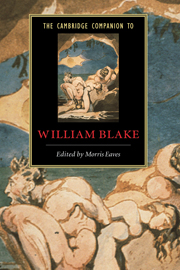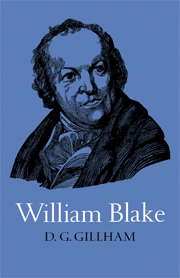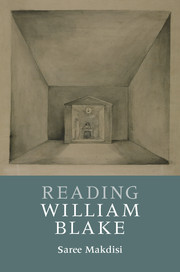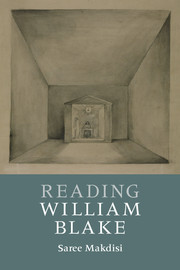Witness against the Beast
E. P. Thompson's long-awaited book on William Blake was published shortly after the historian's death in August 1993. Acclaimed as one of his best and most deeply felt works, it appears now for the first time in paperback. Written with a vivid passion, and bearing the marks of Thompson's lifelong struggle against authoritarian and anti-humanitarian politics both at the level of the individual and of the state, Witness Against the Beast: William Blake and the Moral Law is a profound enquiry into the structure of Blake's thought and the character of his sensibility. Its qualities are among those which place Thompson himself in the same tradition of dissenting values and non-conforming radicalism represented by Blake some two hundred years earlier.
- First paperback edition of widely acclaimed book by prominent author
- Hardback edition received massive coverage and reprinted three times in three months
- '… a tribute by an outstanding historian to an idiosyncratic genius'. Literary Review
Reviews & endorsements
'Everything characteristic of the late E. P. Thompson - his clarity, humanity, and breadth of learning - is present in this book.' Financial Times
'The book stands as a tribute by an outstanding historian to an idiosyncratic genius.' Literary Review
'Thompson speaks to us once more in his highly individual voice through the pages of this vital and challenging work.' Tribune
'This book should go onto every undergraduate's reading list.' Evening Standard
'A stunning, undoubtedly major work.' Anarchist Studies
Product details
October 1994Paperback
9780521469777
284 pages
214 × 138 × 20 mm
0.401kg
20 b/w illus.
Available
Table of Contents
- Foreword Christopher Hill
- Introduction
- Part I. Inheritance:
- 1. Works or faith?
- 2. Antinomianisms
- 3. The 'Ranting' impulse
- 4. The polite witness
- 5. Radical dissent
- 6. A peculiar people
- 7. Anti-hegemony
- Appendix 1. The Muggletonian archive
- Appendix 2. William Blake's mother
- Part II. Human Images: Introduction
- 8. The new Jerusalem Church
- 9. 'The Divine Image'
- 10. From innocence to experience
- 11. 'London'
- 12. 'The Human Abstract'
- 13. Conclusion.







